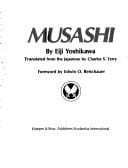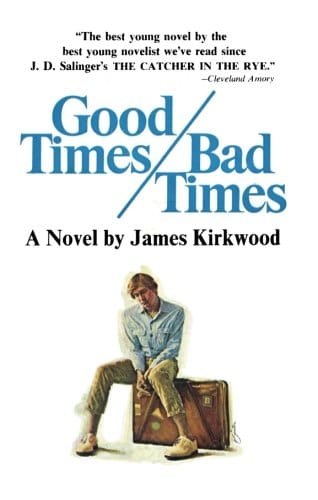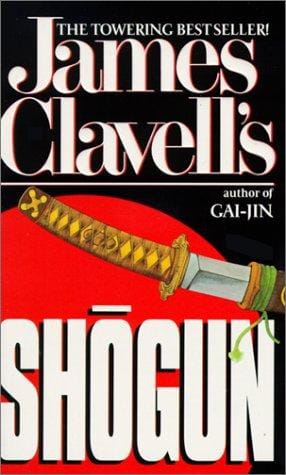Musashi: The Life, Legend, and Lessons of Japan’s Greatest Samurai
Discover Miyamoto Musashi’s legendary duels, timeless strategy lessons, and how the samurai’s teachings can sharpen modern life and business.

Introduction to the Enigma of Musashi
Miyamoto Musashi (1584–1645) is more than a celebrated swordsman; he is a cultural icon whose influence spans history, martial arts, literature, and modern self-development. Known for winning more than sixty duels and for writing The Book of Five Rings, Musashi personifies the disciplined spirit of the samurai while offering timeless strategies that continue to inspire entrepreneurs, military leaders, and creatives worldwide.
The Tumultuous Era that Forged a Legend
Musashi lived during Japan’s late Sengoku and early Edo periods, a time of political upheaval and constant warfare. Born Shinmen Takezō in Harima Province, he came of age when feudal lords vied for dominance. This turbulent backdrop forged his relentless pursuit of mastery. Adopted by the monk Terao Magonojo, Musashi rejected traditional samurai service and chose the path of a rōnin—an unattached warrior—allowing him to challenge fighters from diverse schools throughout Japan.
Sixty Duels, One Unbroken Record
Musashi’s undefeated streak began at age thirteen, when he allegedly killed samurai Arima Kihei with a wooden staff. His most famous duel occurred on Ganryū-jima Island in 1612 against Sasaki Kojirō, a master of the long nodachi sword. Arriving hours late to unnerve his rival, Musashi carved an oar into a wooden bokken during the boat ride. He used the improvised weapon’s superior reach to strike Kojirō fatally, cementing his reputation as the era’s supreme strategist.
Beyond sheer swordsmanship, historians credit Musashi’s victories to psychological warfare, unrivaled situational awareness, and an adaptive style that refused to rely on ritualized forms. He broke with orthodoxy by wielding two swords simultaneously—katana and wakizashi—creating the Niten Ichi Ryū ("Two Heavens as One") style still practiced today.
The Book of Five Rings: Strategy Beyond the Sword
In 1643, Musashi retired to Reigandō cave near Kumamoto and penned Go Rin No Sho (The Book of Five Rings). Divided into Earth, Water, Fire, Wind, and Void scrolls, the treatise distills his combat philosophy into universal principles. Among them are:
- Know the Small to Know the Large: Mastery of fundamentals reveals larger patterns.
- Timing is Everything: Perceive rhythm to strike at the decisive moment.
- Adapt Like Water: Flow around obstacles instead of meeting them head-on.
- No Mind (Mushin): Maintain calm awareness free of attachment.
Executives reference these lessons for negotiation tactics, while athletes apply them to peak performance. The text’s crossover appeal lies in Musashi’s emphasis on mindset over mere technique.
Musashi in Popular Culture
Musashi’s story has inspired countless adaptations—from Eiji Yoshikawa’s epic novel Musashi to manga series like Vagabond and films by directors Akira Kurosawa and Hiroshi Inagaki. Video games such as Nioh and Ghost of Tsushima borrow his dual-sword stance and philosophical quotes. Even corporate Japan references Musashi in branding, underscoring his enduring cachet as a symbol of grit and ingenuity.
Lessons for Modern Life
Although Musashi’s battlefield is centuries removed from modern offices, his teachings translate seamlessly.
Embrace Lifelong Learning
Musashi studied calligraphy, painting, sculpture, and Zen meditation, arguing that understanding diverse arts deepens strategic insight. Today, cross-disciplinary skills foster innovation in rapidly changing industries.
Seek Direct Experience
Musashi cautioned against intellectualizing combat without practice. Similarly, entrepreneurs must validate ideas through real-world feedback, not just spreadsheets.
Remain Unattached to Tools
He famously improvised weapons from sticks, chains, and even the environment. Modern professionals who remain flexible—adopting new software or workflows—gain an edge over rigid competitors.
Visiting Musashi Sites in Japan
Travelers can trace Musashi’s footsteps across Japan. The Musashi Budokan in Iwakuni teaches Niten Ichi Ryū, while the Reigandō cave near Kumamoto houses statues commemorating his writing retreat. Kokura Castle hosts an annual Musashi festival featuring martial arts demonstrations, bringing history to life for samurai enthusiasts.
Conclusion: Why Musashi Still Matters
From back-alley duels to boardroom negotiations, the principles Miyamoto Musashi articulated nearly four centuries ago remain astonishingly relevant. His legacy transcends swordplay, offering a roadmap for strategic thinking, adaptability, and relentless self-improvement. Whether you’re a martial artist honing technique, a creative seeking inspiration, or a leader steering teams through uncertainty, Musashi’s life invites you to embrace complexity, confront fear, and cut straight to the heart of every challenge.



